Virtual Learning or Virtually Learning?
Survey on Online Courses
Due to the COVID-19 pandemic Webster University has moved to online classes for the whole of Spring 2 term. Physical classes are expected to resume as usual for Fall 1, after the summer. Students now have anywhere from 1-6 courses happening online. Many teachers offered the option of doing their course as a pass or fail, meaning a student can either pass or fail without the grade affecting their GPA. I sent out an anonymous survey to Webster students about how these classes are impacting their learning ability and whether they are a good alternative to physical classes.
Nearly half of the students said that they had taken online classes before, however, most online classes at Webster are different, they do not have the current WebEx format. Other online classes require work to be done and turned in each week but there are no meetings with the teacher and the class. WebEx adds many additional complications to classes.
Unfortunately, but unsurprisingly, only 19% of students said that they felt like they were learning in their current online courses. Most students said that they had trouble staying engaged, making it difficult to learn. The rest, 16%, just said they have not learned anything. Much of this may be due to interest and motivation dropping. 81% of those asked, said that their overall interest in their courses has dropped since moving online and they are not putting in the same amount of effort.
Have you taken online classes before?
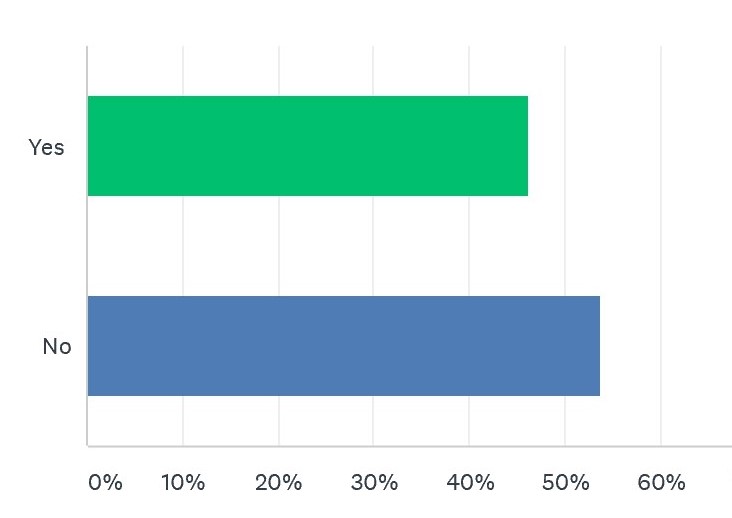
Are online teaching methods effective?
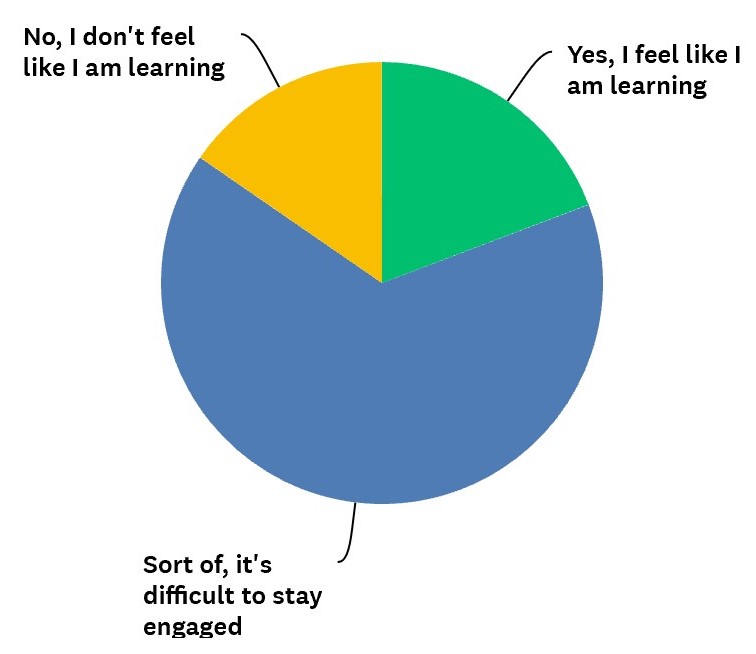
Do you feel that overall interest has dropped?
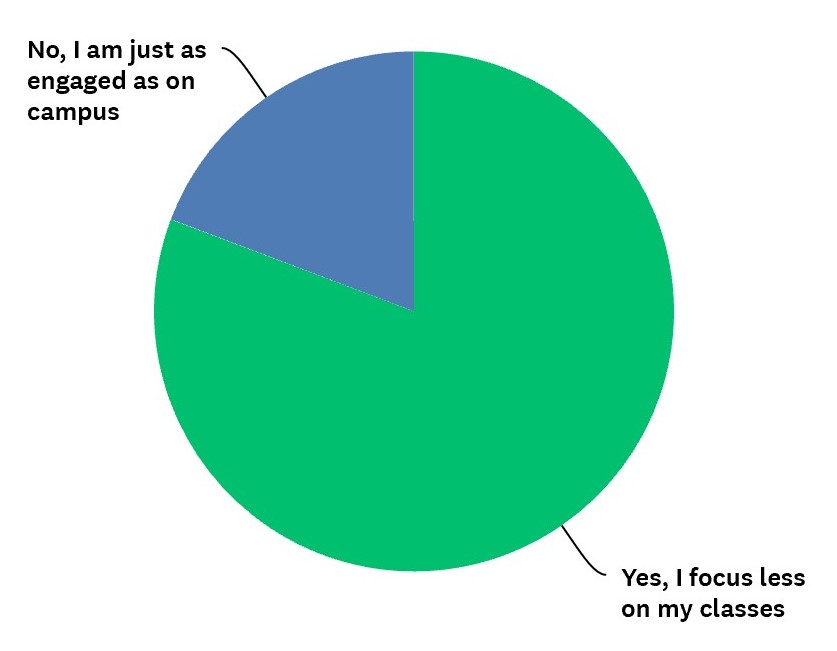
Even though students don’t feel like they are able to learn new content a majority are receiving more work now than in their physical classes. The same proportion of students, 58%, feel more inclined to cheat in their courses. The increase in work coupled with an inclination to cheat, the ability to access the internet at every moment, and lack of motivation have made the integrity of assignments questionable.
Do you have more or less work than when on campus?
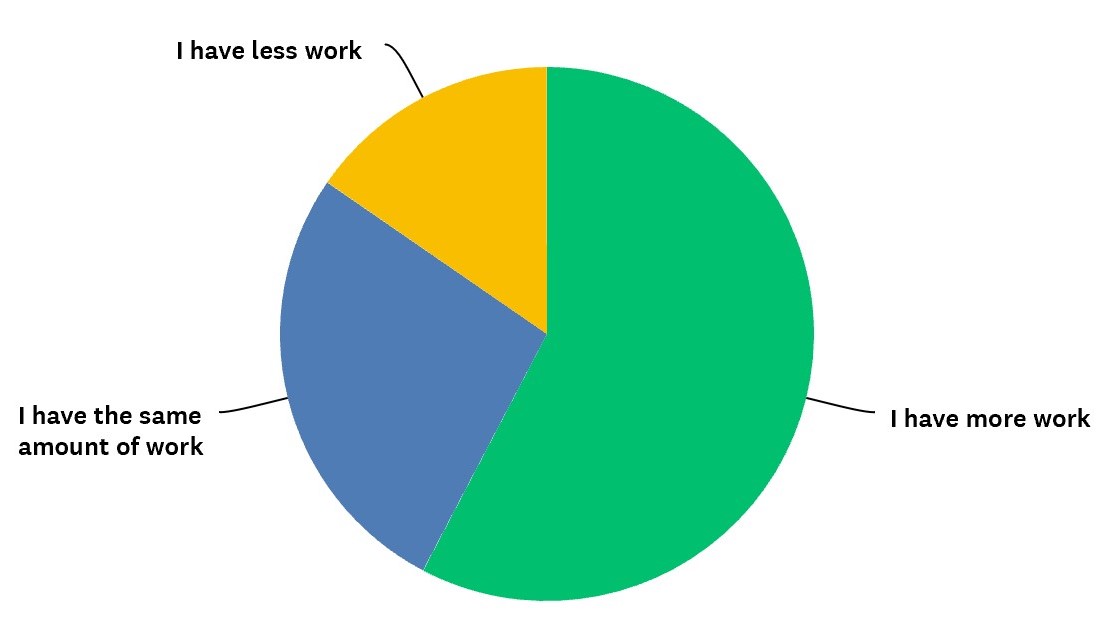
Have you been inclined to cheat in your courses?
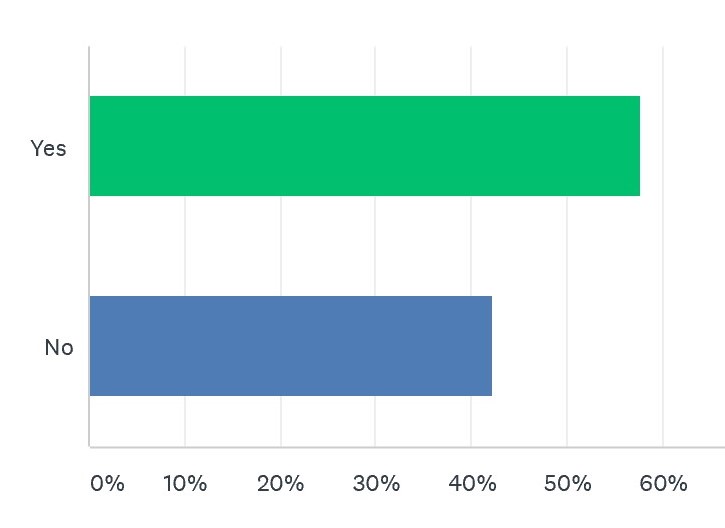
Being online makes it easy to cheat although it also comes with its own problems. 62% of students said that they are affected by internet problems such as being unable to connect to WebEx, unable to hear the teacher, or unable to see video. Even in households with good wi-fi having several classes and/or conference calls going at the same time is difficult to maintain, this is the case in my house. If a class is missed due to bad internet then it is difficult to make up. As an international school Webster professors have the additional problem of many students missing class due to different time zones. Only 8% of those asked said that they miss class because of being in a different time zone but this is the case for many American study abroads, who account for a large portion of Webster’s student base.
Are you negatively affected by internet problems?
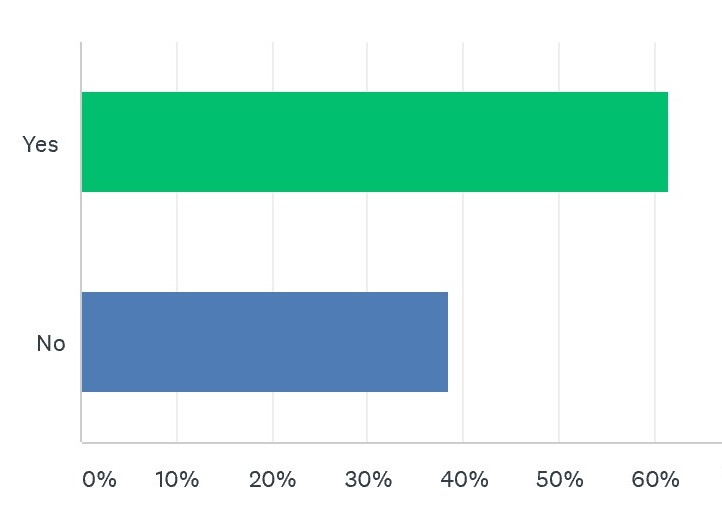
Do you miss class because you are in a different time zone?
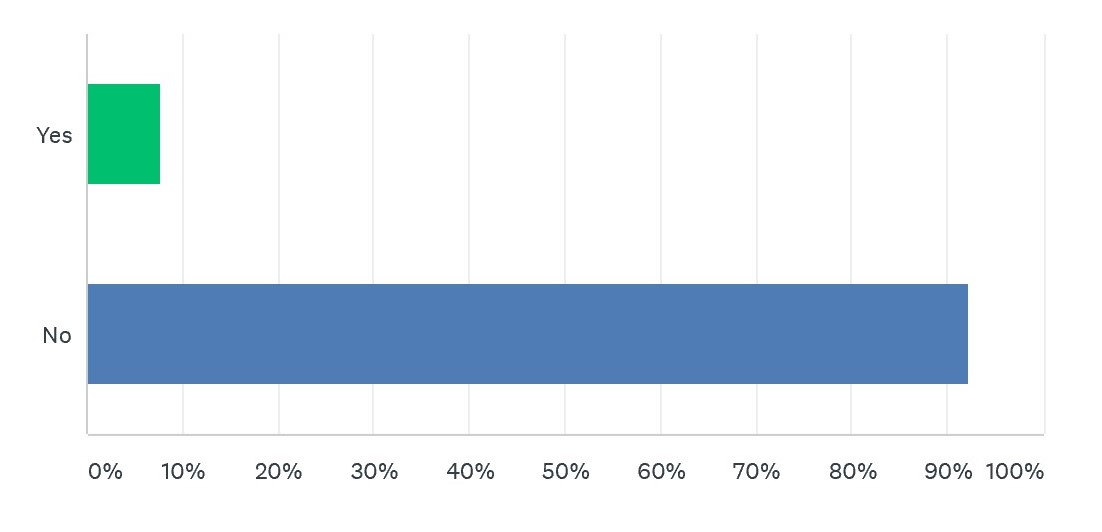
While online classes definitely don’t yield the same results as physical classes, they are the best alternative that we have in these unprecedented times. They are better than having nothing because they allow students to continue or finish their studies, however, they are not a replacement and I do not recommend them in the future. The general consensus between students is that even though there is less pressure doing classes in a home environment there is also less motivation, more work, and less comprehension. We students may complain about our courses, our homework, or even our professors, but after this period of being away from campus I think we are all ready to be back at Webster, taking classes with our friends!
